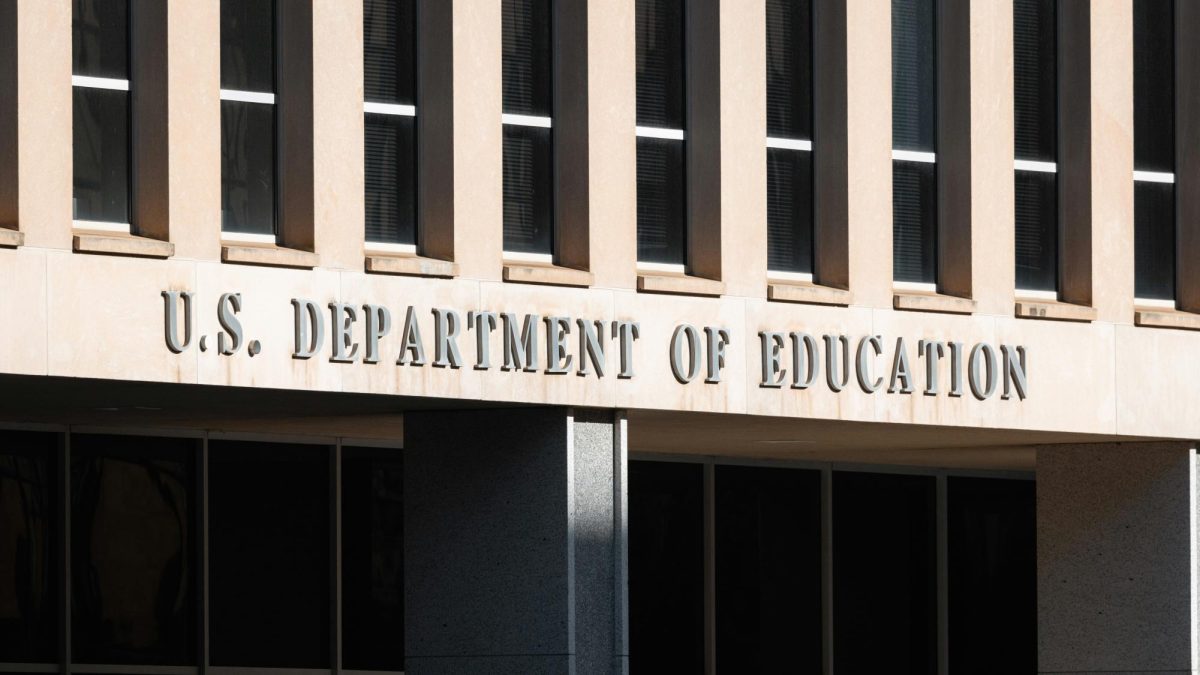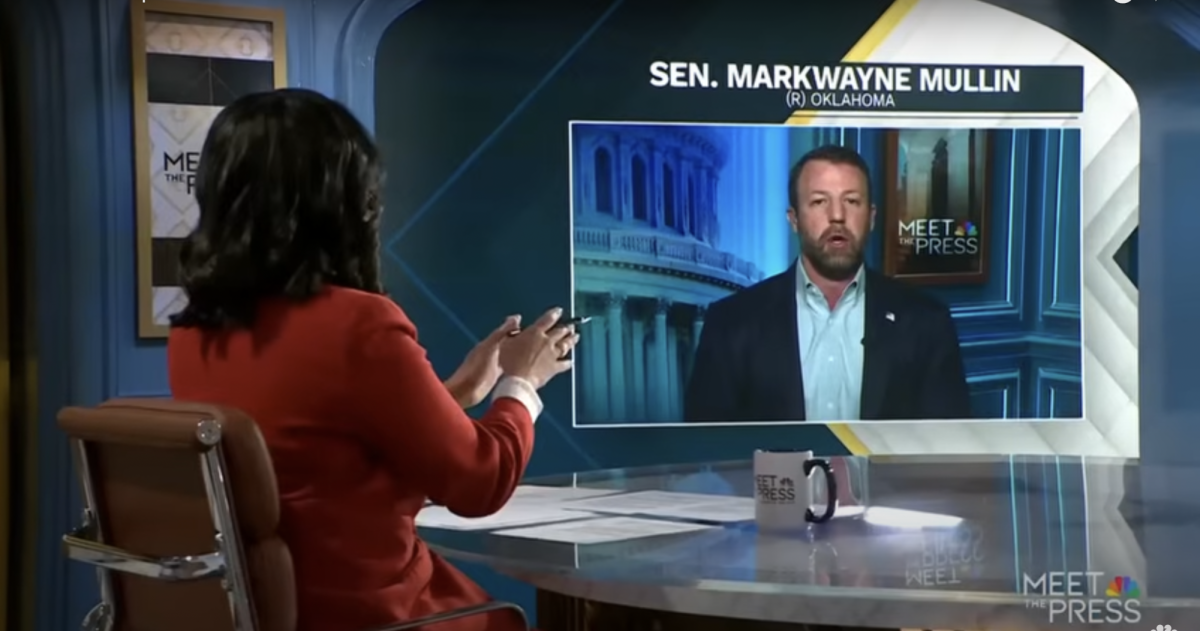WASHINGTON – Oklahoma’s superintendent of public instruction is calling the Supreme Court’s recent decision a “D-Day liberation for education.”
The ruling allows the Trump administration to move forward with releasing nearly 1,400 employees from the U.S. Department of Education, part of a larger plan to ultimately eliminate the department and shift education authority back to the states.
For Oklahoma, the decision aligns with Ryan Walters’ push to reduce federal oversight in schools and give the state more control over education policy.
“President Trump, Oklahoma is 100% behind you,” said Walters in an interview with Fox. “The Department of Education has shoved critical race theory, transgenderism and a hatred for America down the throats of kids in Red States to blue states alike and what we have seen today is President Trump coming in and saying not for another day, states will be in charge of education”
“This will go down in history as a momentous shift in America where kids get back to learning about American exceptionalism and not being driven to hate this country,” he said.
Walters has supported the order since March, when President Trump initially began the shutdown, before a federal judge in Massachusetts issued an injunction requiring previously laid-off employees to be reinstated.
“Oklahoma has led the fight against federal overreach, and we will continue to fight for parental rights,” Walters said at the time. “This is a pivotal moment for education freedom, and we have already begun planning for this order to ensure funds go back into the classrooms.”
U.S. Secretary of Education Linda McMahon two weeks ago said the Supreme Court ruling is a significant win for students and families.
“It is a shame that the highest court in the land had to step in to allow President Trump to advance the reforms Americans elected him to deliver using the authorities granted to him by the U.S. Constitution,” McMahon stated.
The U.S. Department of Education was established by the Department of Education Organization Act in 1979, to “ensure that education issues receive proper treatment at the Federal level” and to “enable the Federal Government to coordinate its education activities more effectively.”
In Justice Sotomayor’s 19-page dissent she stated that the department plays a vital role in the Nation’s education system, “safeguarding equal access to learning and channeling billions of dollars to schools and students across the country each year.”
She emphasized that the education department oversees the federal student financial aid system, provides grants to higher education institutions and manages federal work-study programs. In June alone, it awarded over $120 billion in student aid to more than 13 million students. The department also enforces several anti-discrimination laws related to federally funded education programs under Title IV and administers the Individuals with Disabilities Education Act, which funds and supports special education services for more than 7 million students with disabilities.
“When the Executive publicly announces its intent to break the law, and then executes on that promise, it is the Judiciary’s duty to check that lawlessness, not expedite it,” Sotomayor said. “The majority is either willfully blind to the implications of its ruling or naive, but either way the threat to our Constitution’s separation of powers is grave.”
A day after his initial order in March, Trump announced the Transfer Order, which would reassign some statutory functions of the Department of Education to other government agencies. Under this plan, the student loan portfolio would be transferred to the Small Business Administration, while special needs programs and nutrition programs would move to the Department of Health and Human Services.
Oklahoma City-area business owner and civic activist Sean Cummings described putting states in charge as “purposeful blubbing,” saying it hands funding decisions over to people who lack expertise in these important areas.
“The reason the Department of Education exists is because the southern states were not being fair and equitable to students of color, so the federal government had to take it on,” Cummings said.
Citing a recent WalletHub study that ranks Oklahoma 50th in education nationwide, Cummings noted that many Oklahomans may not fully grasp the long-term impact this decision could have on the state’s education system.
“People talk about states rights, which is what Walter says we’ll bring back down to the states, and we can put it out that way. Well, states rights enable everybody to behave the same way they were behaving in the early 1900s to the mid-1900s to the 1960s,” Cummings said.
Gaylord News is a reporting project of the University of Oklahoma Gaylord College of Journalism and Mass Communication. For more stories by Gaylord News go to GaylordNews.net.








